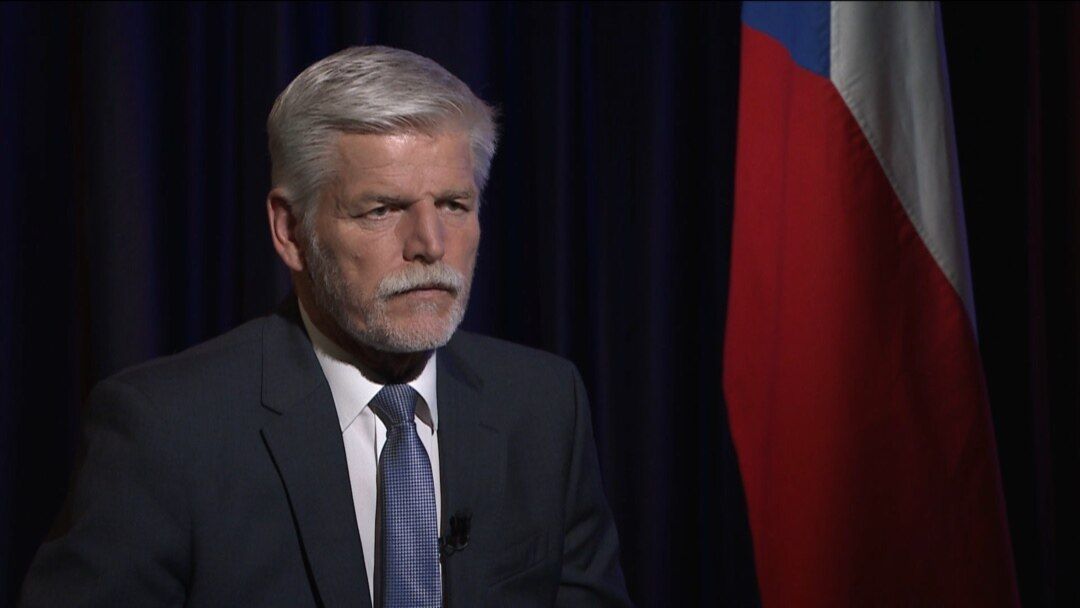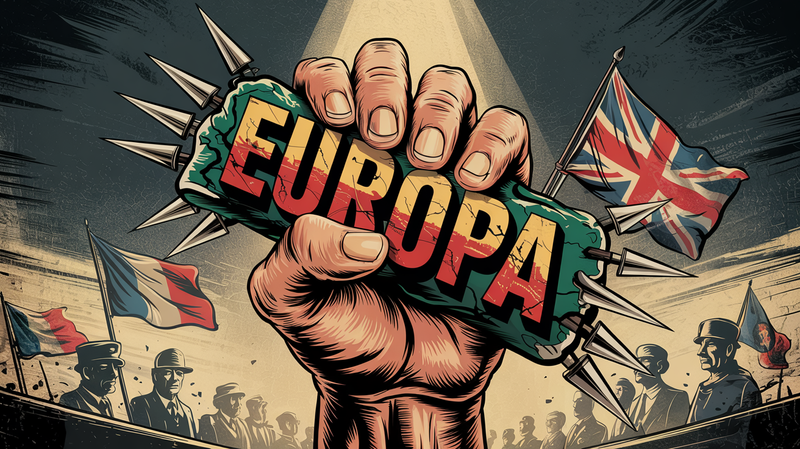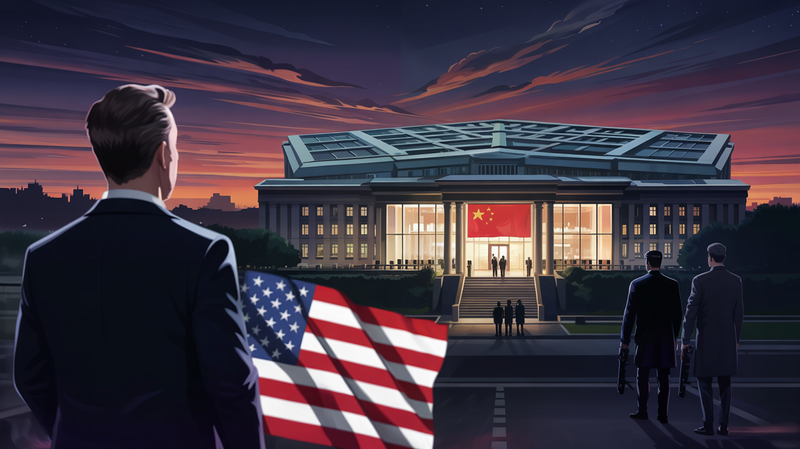The Price of War: Czech President's Controversial Call for Surveillance of Russians in Europe
Czech President Petr Pavel ignited controversy by suggesting that Russian nationals living in the EU should be subject to "strict surveillance and security rules". The idea, which echoes similar measures implemented against ethnic Japanese citizens in the US during World War II, has drawn a fiery backlash, particularly

Czech President Petr Pavel ignited controversy by suggesting that Russian nationals living in the EU should be subject to "strict surveillance and security rules". The idea, which echoes similar measures implemented against ethnic Japanese citizens in the US during World War II, has drawn a fiery backlash, particularly from Russian social media users.
President Pavel addressed the critique during an interview with Radio Svoboda, emphasizing that his intent was not to impose internment or persecution of Russians, but rather to maintain a cautious eye on the Russian community in response to potential risks. His comparison with the Japanese-American situation during WWII was solely to illustrate that restrictive measures against citizens of hostile countries have historical precedents.
The Czech President's stance stems from the ongoing aggression from Russia, which openly defies international law and has been implicated in attacks on Czech soil. He referred specifically to the 2014 bombings at a Czech arms depot, which Prague attributes to Russian GRU agents.
The president underscored the current tense global climate by saying, "This country calls us its enemy. Through its top officials, it threatens other countries with military strikes, including the use of nuclear weapons. This country has committed an act of terrorism in our state. For all these reasons, we must be cautious about Russian citizens living in our territory."
As conflicts between Russia and Ukraine escalate, Pavel contends that it's essential to monitor Russians who have moved westward in opposition to Moscow's policies. While expressing empathy for these people, he argues that surveillance is simply the price of war, drawing a historical parallel with how the US government subjected Japanese-Americans to intense surveillance during WWII.
Critics, including the head of the State Duma Committee on International Affairs, Leonid Slutsky, have lambasted President Pavel's proposal, branding it as "absolutely outrageous" and a form of "neo-Nazism."
Despite the president's controversial comments, he also voiced concerns against isolating Russia completely. Pavel believes this approach would be short-sighted, implying the need for diplomatic and peaceful resolutions to the ongoing crisis.
In the context of rising tensions, the increased outflow of Russian citizens to neighboring countries has been noted. According to Federal Security Service data, the number of Russians moving to Kazakhstan, Armenia, Kyrgyzstan, Tajikistan, Mongolia, and Abkhazia between July and September reached a five-year high.
The debate sparked by Pavel's remarks underscores the fine line between national security and the preservation of individual rights in times of conflict, a tension that continues to shape international relations amidst the tumultuous global landscape.




